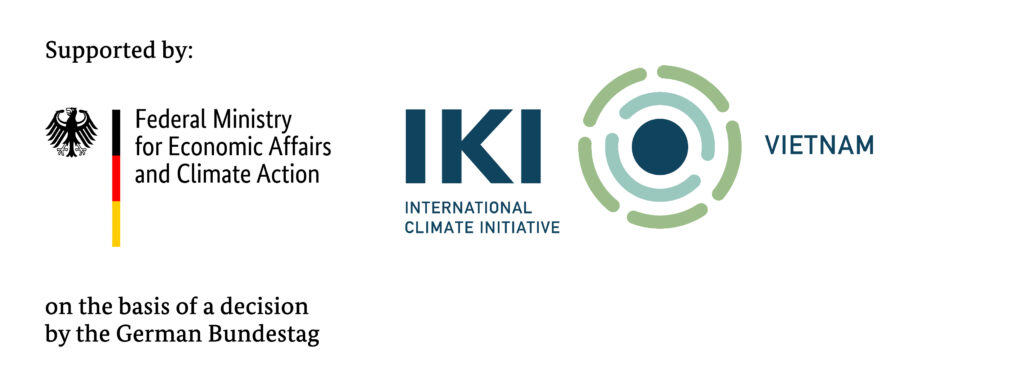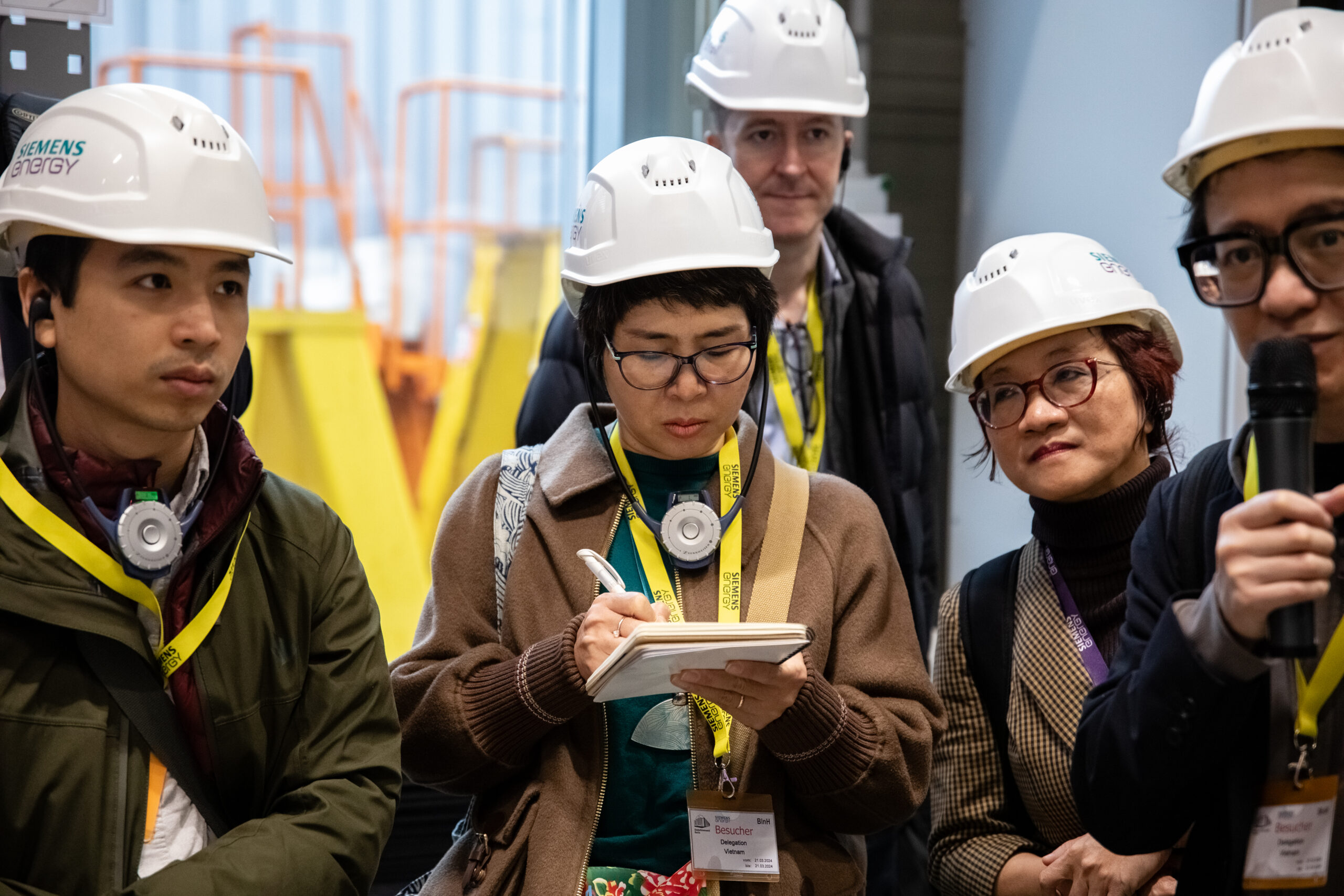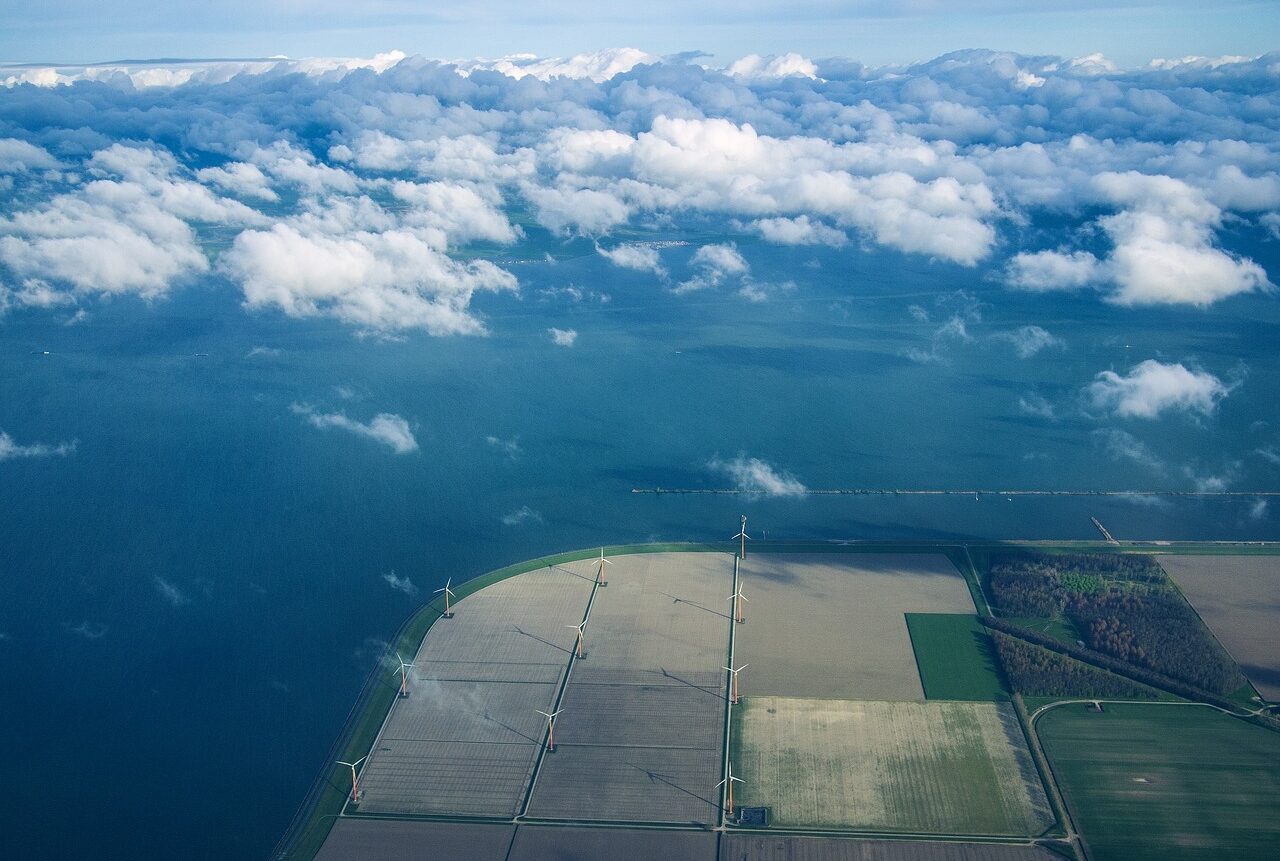On May 11, the Ministry of Natural Resources and Environment (MONRE) initiated an online meeting series with the Drafting Board and the Editorial Team to consult on a draft Decree detailing a number of articles of the 2020 Law on Environmental Protection.
Minister of Natural Resources and Environment Tran Hong Ha, who is also Chairman of the Drafting Board, together with Deputy Minister of Natural Resources and Environment Vo Tuan Nhan, chaired the meeting. The meeting was attended by leaders of relevant units under MONRE, leaders of line ministries, sectors, organizations and experts in the field of natural resources and environment management who are members of the Drafting Board and the Editorial Team.
Altogether, six sessions took place between May 11 and 14 to discuss the contents of the draft Decree detailing a number of articles of the 2020 Law on Environmental Protection.
Speaking at the meeting, Minister Tran Hong Ha asked the delegates to contribute ideas to unify the standards and provisions of the Law, so that they show consistency between the Law and by-law documents such as Decrees, Circulars; and to focus on elaborating master plans, and providing a methodical and scientific implementation roadmap.
The Minister suggested that the Decree should reflect the current circumstances, and be as concrete as possible, to avoid abstraction that would require to develop further by-laws, while clearly defining the authority and responsibility at all levels and individuals. In addition, the Minister asked members of the Drafting Board and the Editorial Team to actively consult and exchange with local management agencies to understand arising problems on the ground and reflect them accordingly in the legislation.
During the first session, the delegates discussed the protection of water, air, and soil, as well as environmental protection of natural heritage sites, environmental protection against persistent pollutants, raw materials, fuels, materials, products, goods, and equipment containing pollutants that are difficult to decompose.
Regarding water protection, the draft Decree stipulates the content of the plan for surface water quality management for each inter-provincial river and lake, including assessment and forecast of surface water quality trends; definition of the goals and targets of the plan; assessment of the current situation and forecast of water pollution sources in the impact areas and risks of transboundary pollution; assessment of load carrying capacity, discharge zoning, wastewater discharge quota; identification of measures to prevent and minimize surface water pollution; organization of the plan implementation.
Regarding atmospheric protection, the draft Decree stipulates the air quality management plan, including both national and provincial plans on air quality management. Specifically, it prescribes the implementation of emergency measures for heavy pollution situation, which includes adjusting activities, limiting and stopping large emission sources, adjusting operating time and stipulating responsibilities of provincial-level People’s Committee Chairman. The Ministry of Natural Resources and Environment is assigned to introduce the criteria for determining serious air pollution cases.
Regarding soil protection, the draft Decree stipulates the subjects to be investigated, assessed and classified in terms of the soil quality, including areas contaminated with chemicals during the war, production areas, warehouses, waste landfills; hazardous mineral mining areas; chemical-intensive farming areas. The investigation and assessment of contaminated areas is carried out at both preliminary and detailed levels.
The draft Decree specifies responsibilities for the land treatment, improvement and restoration undertaken by organizations and individuals that cause land pollution as well as the treatment, improvement and restoration of the contaminated soil caused by historical events or unidentified organizations or individuals.
For environmental management and protection in natural heritage sites, it is focused mainly on the establishment and nomination for recognition of the natural heritage with regulations on criteria, order, procedures and competence for establishment, recognition, investigation and assessment of natural heritage.
Regulations on measures to manage and protect the environment of natural heritage include impact assessment on natural landscapes and thematic biodiversity for all projects that affect the environment of natural heritages i.e. national parks, nature reserves, species and habitat conservation areas, landscape protection areas and scenic spots.
The draft Decree also specifies the responsibilities of the Ministry of Natural Resources and Environment, the Ministry of Agriculture and Rural Development, the Ministry of Culture, Sports and Tourism, other ministries and localities in investigation, assessment, management and protection of the natural heritage environment.
The series consisted of the following thematic sessions:
- Session 1 on protection of environmental components (water, air, soil), environmental protection of natural heritage sites, environmental protection against persistent pollutants, raw materials, fuels, materials, products, goods and equipment containing persistent pollutants.
- Session 2 on environmental impact assessment and environmental permits.
- Session 3 on waste management, environmental protection for concentrated production, business and service zones, industrial clusters and other activities; environmental protection in import and demolition of used ships, import of scrap.
- Session 4 on responsibilities of manufacturing and importing organizations and individuals in recycling and waste treatment; prevention and response to environmental incidents.
- Session 5 on economic tools in environmental protection, including the following contents:
- Payment for natural ecosystem services
- Development of circular economy
- Development of environmental industry
- Green credit, green bonds, green shopping.
- Session 6 on state management; resources for environmental protection; inspection, examination, specifically as follows:
- State management responsibilities for environmental protection of ministries and ministerial-level agencies
- Resources for environmental protection, incentives and support for environmental protection, environmentally friendly products and services
- Inspection and examination of environmental protection.





